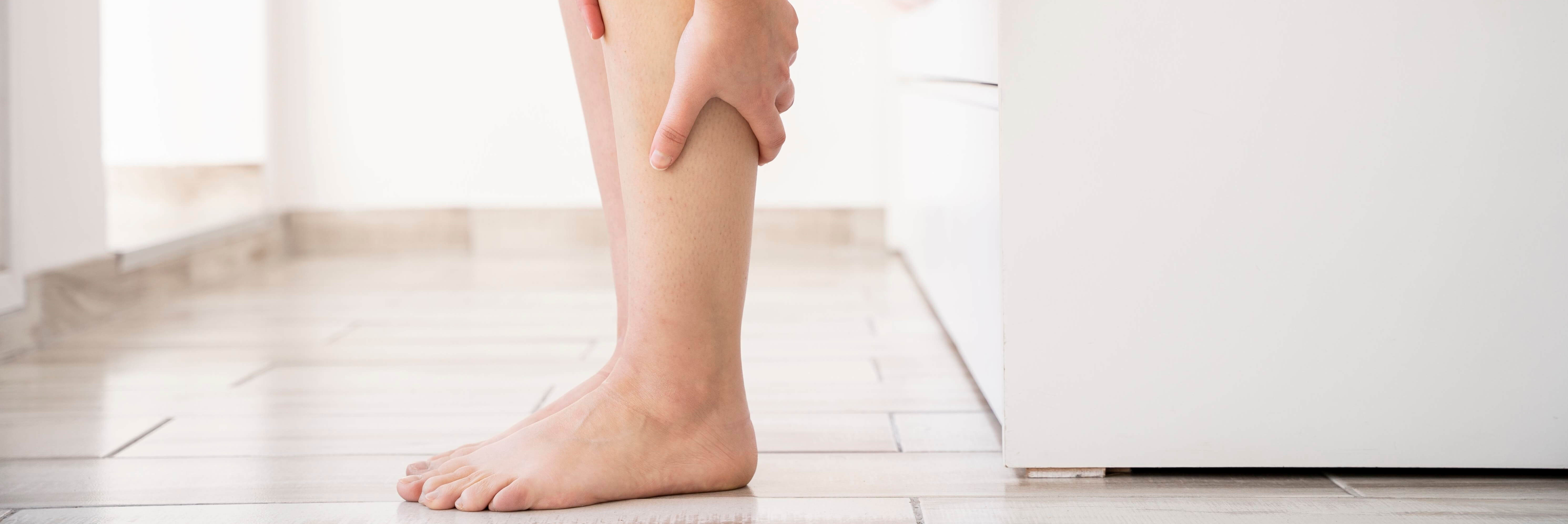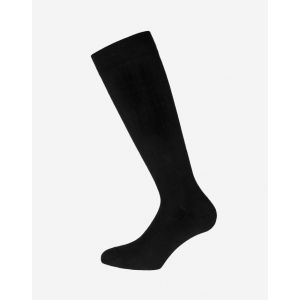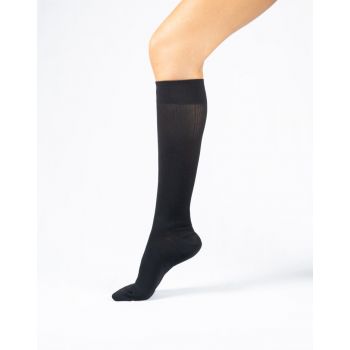Varicose veins in pregnancy? · All you need to know


Pregnancy is a phase where your body will experience many changes. One of the consequences can be the appearance of varicose veins and spider veins. We solve your doubts.
What are varicose veins?
Varicose veins are veins that are enlarged and twisted. They are usually found in the lower legs and hinder blood circulation. The root of the problem is found in the valves inside the venous walls, which malfunction and are not able to get deoxygenated blood back to the heart. These veins are almost always blue and become very visible. During pregnancy, they often appear in the vulvar area. Without causing so much pain, spider veins can also occur. They are smaller in size, do not have the relief of varicose veins and are reddish in colour.
Why do varicose veins appear in pregnancy?
It is said that around 30% of pregnant women suffer from varicose veins in the first pregnancy and they are more likely to appear in the second pregnancy. Each person's constitution is a determining factor, as are lifestyle and genetics. In any case, there are three typical situations that occur during pregnancy that explain this circumstance:
- Increased blood volume. The body requires more blood because it has to act as an intermediary between the baby and the nutrients and the oxygen. Pregnant women accumulate between one and two litres more than normal, and this increase causes the veins to enlarge, which can cause damage to the valves.
- Increased weight. The baby, as it grows in the mother's belly, puts pressure on the pelvic blood vessels. This can disrupt the normal flow of blood.
- Hormonal changes. The effects of progesterone and estrogen can also damage blood vessels and cause some of the veins in the pelvis and legs to swell, making venous return difficult.
How do I know if I have varicose veins during pregnancy?
Varicose veins are veins with relief and they become very visible in all the areas that usually appear. It is very possible that you notice them without even noticing pain. However, the most noticeable symptom is leg pain. It is very likely that you will have a feeling of heaviness and an obvious swelling in the ankles. You should also check your vulvar area because it is one of the areas where the veins are most vulnerable during pregnancy. Lean on your doctor and let him examine your extremities.
How to relieve the pain of varicose veins in pregnancy?
There are some measures you can take so that your quality of life is not so affected due to the appearance of varicose or spider veins:
- Wear compression socks: These garments gradually put light pressure on your legs. The point of maximum compression is at the ankle and decreases until it reaches the knee. This system is very effective for the affected veins to be squeezed and therefore the internal valves can improve venous return.
- Do not spend many hours on your feet: When you do, you assume much more risk of swelling and heaviness in the legs. The affected valves will be insufficient to return the blood that runs through the veins to the heart if you maintain this position for too many hours. It is also not good that you spend a lot of time sitting, especially with your legs crossed.
- Do physical activity: As long as the demand is controlled and the sport in question does not endanger your health or that of the baby. Some of the most recommended during pregnancy are swimming or yoga. Here you can learn the basics to get started in yoga for pregnant women.
- Avoid high temperatures: Excess heat can cause veins and arteries to dilate. Go with caution on hot summer days and ban yourself from saunas.
- Elevate your legs when you sleep: There are mattresses that allow you to raise the final part so that your legs are slightly elevated. You can also do it with cushions. This position will allow the return blood to flow more easily.
- Take cold showers: They are very beneficial for circulation. Doing it in the morning will help you start the day without discomfort.
- Dress comfortably: It is important that your pelvic area is not pressured by very tight belts. Also, try to avoid high-heeled shoes.
In short, the appearance of varicose and spider veins during pregnancy is difficult to prevent. There are chances that you will have to suffer them, and more if you have been pregnant before. But don't worry, you have a series of measures to relieve pain that can help you in your day-to-day life: physical activity, compressive socks or avoiding standing for many hours a day are essential.
The best news is that after childbirth it is very common to recover the usual blood flow in you. You can get back to normal!



